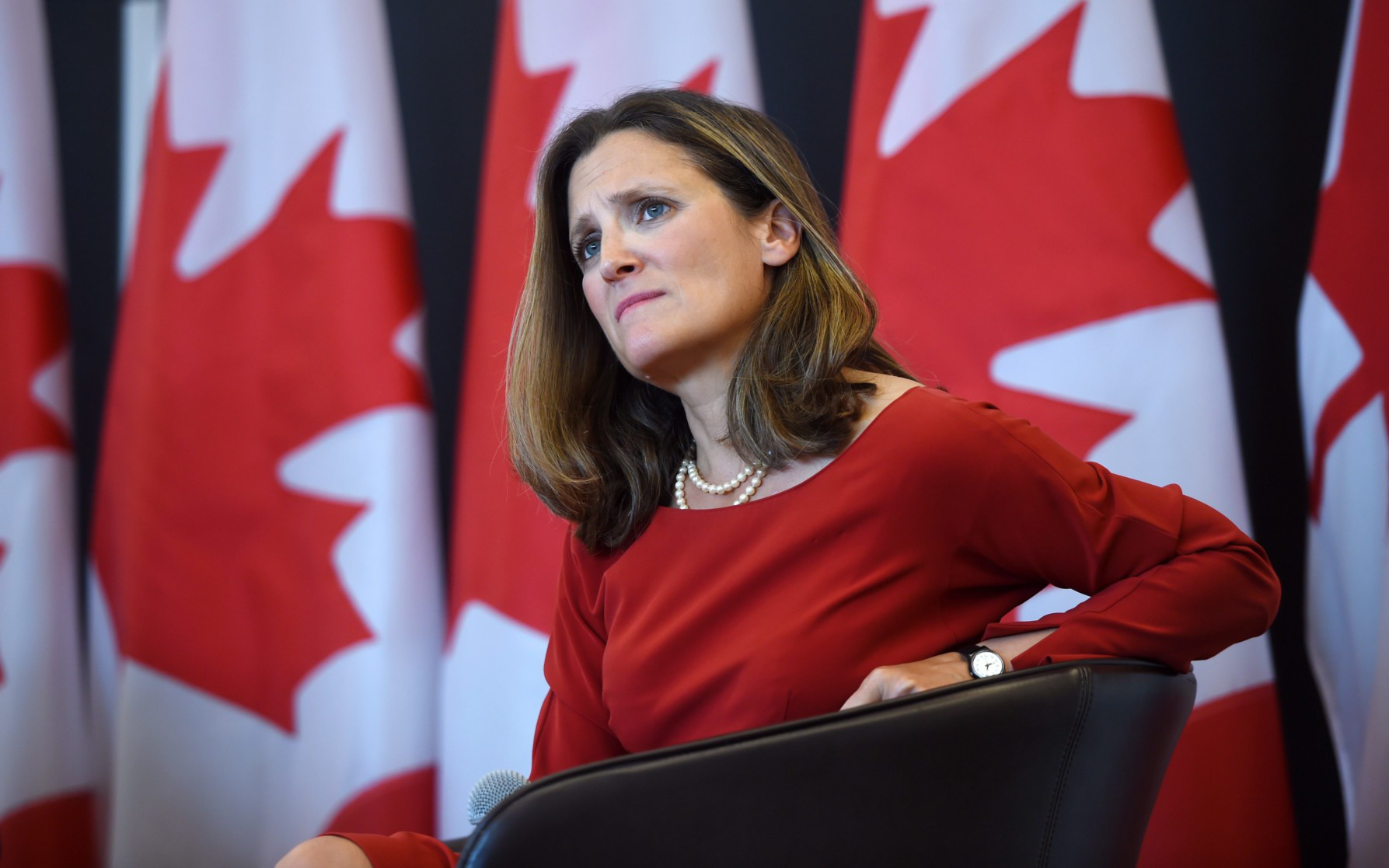8 August – On Sunday 5 August, the Saudi government expelled Dennis Horak, Canada’s ambassador to Saudi Arabia, ordering him to leave within 24 hours, while recalling its own ambassador from Ottawa. The decision is a response to a statement by the Canadian Foreign Ministry on 3 August expressing grave concern over Saudi Arabia’s arrest of “civil society and women’s rights activists, including Samar Badawi,” and urging “the Saudi authorities to immediately release them and all other peaceful human rights activists.” Since the Canadian government’s official statement and Saudi Arabia’s response, relations between the two states have deteriorated, with Saudi Arabia cutting trade ties with Canada and ordering students studying in Canada to leave the country. Americans for Democracy & Human Rights in Bahrain (ADHRB) welcomes the Canadian government’s strong public stance supporting human rights and detained activists in Saudi Arabia. We call upon all states, including the United States, as well as the European Union to publicly support Canada and call for the release of human rights activists in Saudi Arabia, including Samar Badawi and Naseema Alsada.
Since mid-May, the Saudi government has arrested more than a dozen prominent women rights activists, including some of the more important women rights activists in the kingdom like Professors Aziza al-Yousef and Iman al-Nafjan, Loujain al-Hathloul, Aisha al-Mana, Madeha al-Ajroush, and Fatoon al-Hassi. Government authorities also arrested other activists supportive of women’s rights, including Dr. Ibrahim al-Modeimigh, and members of the Saudi Civil and Political Rights Association (ACPRA) Mohammed al-Bajadi and Omar al-Said. While some of the activists have been released, on 30 July, Saudi officials arrested two more prominent women rights activists Samar Badawi and Naseema Alsada, demonstrating the government’s ongoing intent to silence critical voices and activists.
In response to Samar Badawi’s arrest, Canada’s Foreign Minister, Chrystia Freeland, raised concerns noting her country’s strong support for Badawi’s imprisoned brother Raif Badawi, whose wife, Ensaf Haider lives in Canada. One day after Freeland’s comment, Canada’s Foreign Ministry issued a statement of concern about the kingdom’s repression of civil society and women’s rights activists and urging Saudi Arabia to release Samar Badawi and all other peaceful human rights activists. Two days later, on 5 August, the Saudi Ministry of Foreign Affairs issued a series of statements condemning “the negative and entirely surprising attitude” which is “an entirely false claim and utterly incorrect.” In subsequent statements, the Saudi Foreign Ministry claimed that the arrested women’s activists are not “civil society rights activists.” The Ministry continued to condemn Canada for its statement, stating
“The Canadian position is an overt and blatant interference in the internal affairs of the Kingdom of Saudi Arabia and is in contravention of the most basic international norms and all other charters governing relations between states. […] The Canadian position is a grave and unacceptable violation of the Kingdom’s laws and procedures. In addition to violate [sic] the Kingdom’s judiciary and a breach of the principle of sovereignty. […] The KSA considers the Canadian position an attack on the KSA… Any other attempt to interfere with our internal affairs from Canada, means we are allowed to interfere in Canada’s internal affairs.”
That same day, Saudi Arabia expelled the Canadian ambassador to Riyadh and announced it was freezing all new trade and investment between the two countries. It also barred its citizens from receiving medical treatment in Canada, ordered around 16,000 students studying in Canada to leave the country, and suspended direct flights to Toronto on the kingdom’s state airline carrier. Saudi Arabia has continued to pressure Canada, including ordering the central bank and state pension funds to divest from their Canadian holdings.
“We wholeheartedly welcome Canada’s strong stance supporting civil society members, human rights activists, and women’s rights defenders and condemning Saudi Arabia’s human rights violations. Saudi Arabia is among the most deserving countries for human rights criticism in the world today,” states Husain Abdulla, Executive Director of ADHRB. “Human rights are universal and apply to all equally regardless of gender, class, or social status. As we welcome Canada’s commitment to human rights, we call upon other states, in particular the United States, as well as the European Union to stand with Canada in support of the women’s rights activists in Saudi Arabia.”
ADHRB welcomes the Canadian government’s strong stance in support of the detained activists, in particular Samar Badawi and Naseema Alsada. We urge upon other likeminded states to support Canada and to take an equally public stance in support of detained human rights defenders in Saudi Arabia and call for their immediate release and for Saudi government to drop all charges against them.





